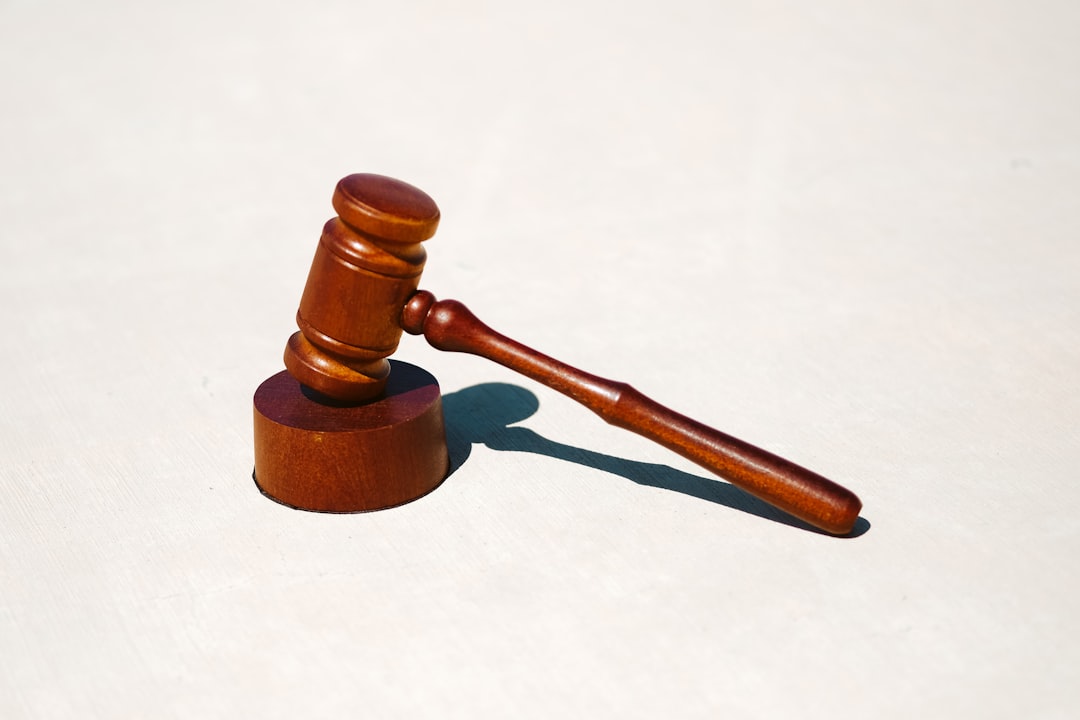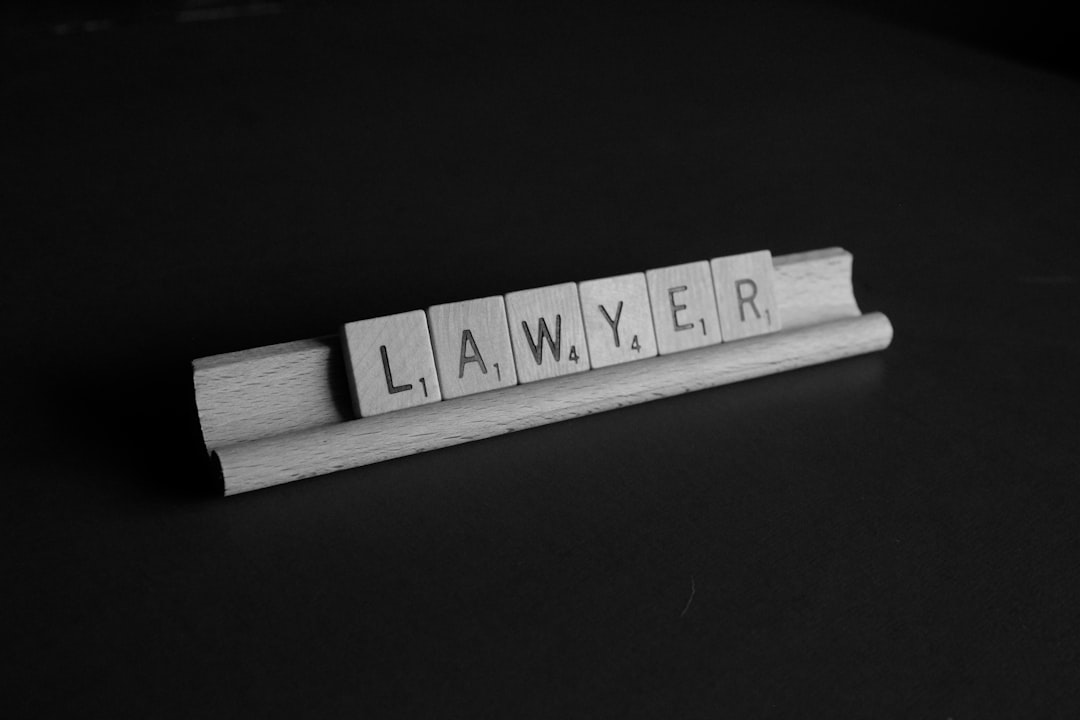New Hampshire laws protect citizens from unwanted text messages, especially those related to legal matters. Sending a "Do Not Text Lawyer New Hampshire" message without consent is illegal and can result in penalties. These regulations aim to prevent harassment and safeguard privacy, emphasizing direct communication for sensitive topics. Violating these rules while driving carries severe consequences, highlighting the importance of compliance for road safety. In today's digital age, understanding legal boundaries, like those around texting lawyers directly, is crucial for protecting online communications.
In New Hampshire, the law prohibits composing or viewing electronic messages that meet certain criteria. This comprehensive guide explores the state’s laws on electronic communications, focusing on what’s considered prohibited content and the potential legal consequences of violations. Learn about safeguarding your digital conversations and discover why it’s crucial not to text a lawyer in New Hampshire under these circumstances.
New Hampshire Law on Electronic Messages

In New Hampshire, the law regarding electronic messages, particularly text communications, is designed to protect individuals from unsolicited and harmful messaging. The state has implemented regulations that prohibit the act of composing or viewing electronic messages intended for legal action against an individual or business without proper authorization. This means that sending a “Do Not Text Lawyer New Hampshire” message or any similar communication without consent could lead to legal repercussions.
The legislation aims to safeguard citizens from unwanted and potentially harassing text messages, especially those related to legal matters. It’s crucial to understand these laws to avoid any unintended legal complications. When dealing with sensitive topics, it’s always best to seek professional advice and communicate directly with the relevant parties rather than resorting to automated or unsolicited messaging campaigns.
Prohibited Content: What You Can't Send
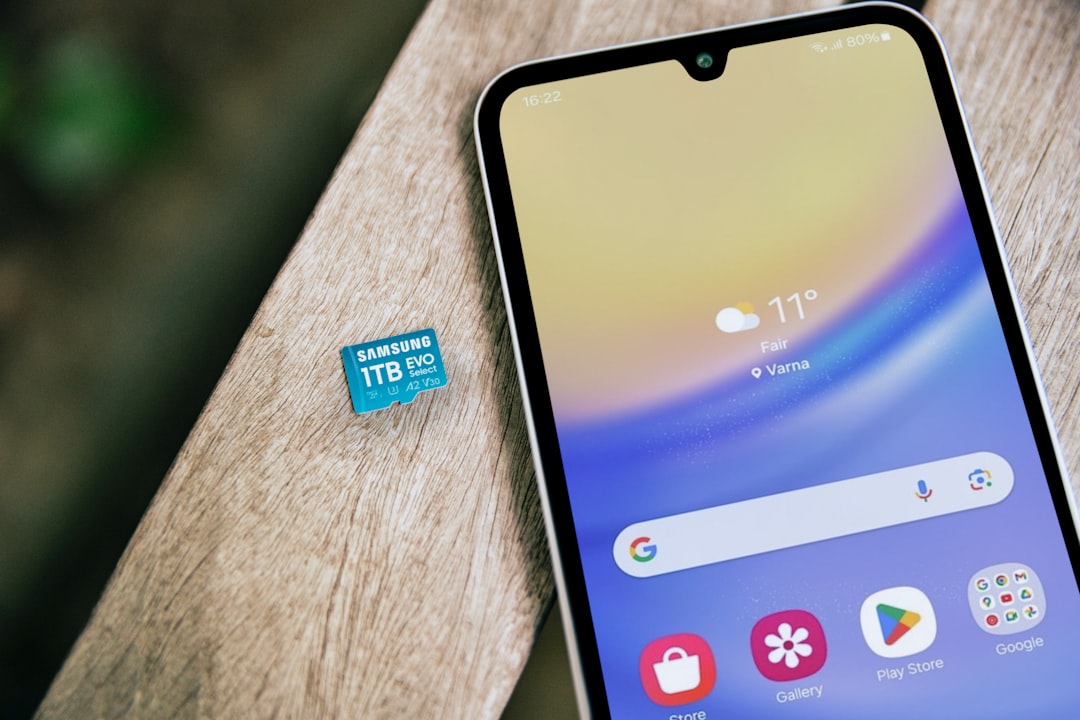
In New Hampshire, laws regarding electronic communication are designed to protect individuals from harmful or inappropriate content. When it comes to sending messages via text, email, or other digital means, there are specific types of content that are strictly prohibited. This includes any form of communication that promotes or facilitates illegal activities, such as drug use, human trafficking, or terrorism. Additionally, messages that contain explicit sexual content, threats of violence, or hate speech are also against the law.
Texting a “Do Not Text Lawyer New Hampshire” message may seem like a harmless joke, but it could actually be interpreted as promoting an illegal act. It’s crucial to understand what is considered inappropriate and harmful in electronic communication to avoid legal repercussions. By adhering to these guidelines, users can ensure their messages remain within the boundaries of the law, keeping themselves and others safe from potential cyber-related issues.
Legal Consequences of Violation
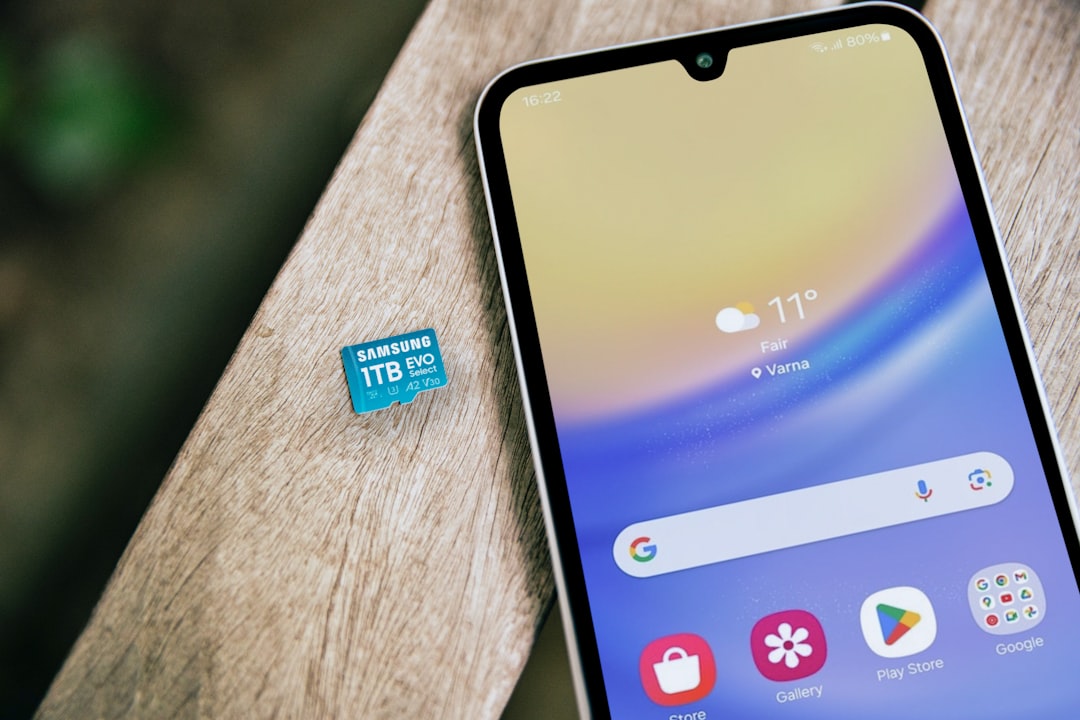
In New Hampshire, the legal consequences of violating laws prohibiting the composition or viewing of electronic messages while driving can be severe. Such actions are considered a form of distracted driving and are strictly penalized to ensure road safety. If caught, individuals face fines ranging from $100 to $500, along with potential points on their driver’s license. Repeated offenders may incur more significant penalties, including extended license suspensions.
Moreover, Do Not Text Lawyer New Hampshire campaigns highlight the importance of compliance and serve as reminders that these laws are in place for a reason. The consequences extend beyond monetary fines; they include the increased risk of accidents and potential injuries. Therefore, it’s crucial to prioritize safety by adhering to these regulations and avoiding any form of electronic message composition or viewing while behind the wheel.
Safeguarding Your Digital Communication
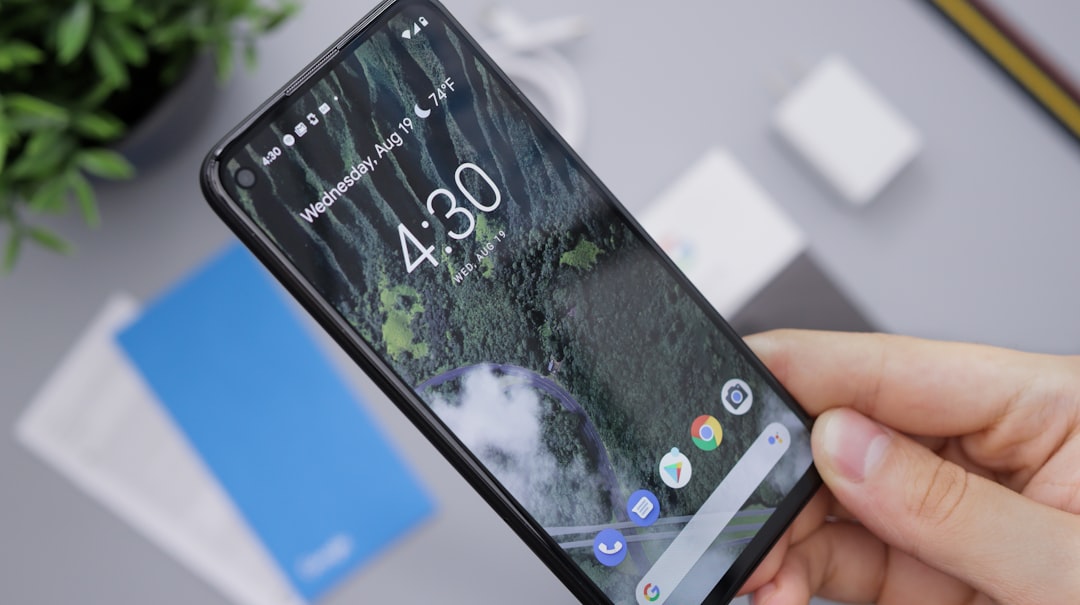
In today’s digital era, where communication happens at the speed of light, it’s crucial to understand that certain boundaries apply, especially when discussing legal matters. When it comes to safeguarding your digital conversations, knowing the law is essential. In New Hampshire, for instance, composing or viewing electronic messages related to legal issues can have serious consequences if done without proper authorization.
Therefore, if you’re considering reaching out to a lawyer via text, remember: Do Not Text Lawyer New Hampshire. Instead, opt for more formal channels like email or scheduled phone calls to ensure your privacy and the confidentiality of your communications. This approach not only respects legal protocols but also protects your sensitive information from potential misuse or unintended disclosures.
